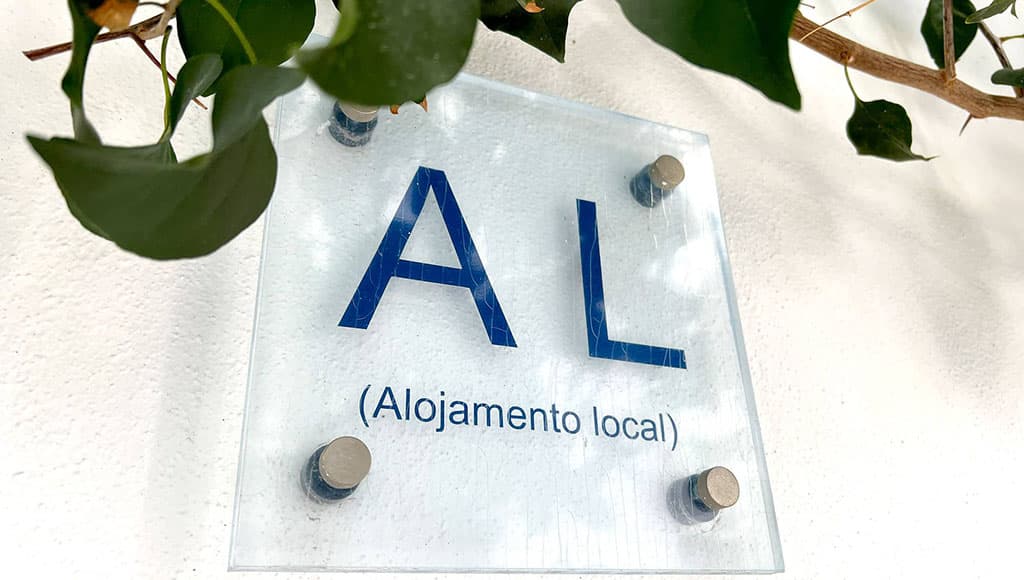New diploma enforces requirement to ‘prove nuisance’ before ‘banning’ AL from complex
Portugal’s government is set on easing rules governing Alojamento Local. According to Público, a new diploma approved by the Council of Minister sets out to remove the power that condominium owners have to close an AL investment in their complex.
According to the diploma, condominium owners will have to demonstrate, “with concrete evidence”, that the AL activity disturbs the normal use of the building/ complex or causes significant inconvenience to residents.
“In addition, the final decision on the closure of a AL activity will fall to the mayor, who may also try to mediate an agreement between the parties involved”, explains the paper.
This is yet another move to unpick policies adopted during the last Socialist government. Right now, the law allows for any AL business to be shut down as long as it gathers two thirds of condominium residents’ approval
With this new amendment, condominium owners will have to call a meeting if they are unhappy with an AL operation in their building/ on their complex, and then send a ‘reasoned justification’ to their local municipality, which will make the final decision on whether or not to cancel the AL licence within the space of 60 days.
In the event of cancellation, ‘the immediate cessation of the establishment’s operation is determined, without prejudice to the right to a prior hearing’, for a maximum of five years.
According to the newspaper, the law, which can still be amended, also provides for the creation of an ‘ombudsman’ for local accommodation, who should support the municipality ‘in the management of disputes between residents, the owners of LA establishments and the condominium owners’.
Right now, all media outlets are following Público’s story: repeating it without explaining whether or not these new changes will require a vote in parliament.
Expresso adds that there are other changes in the pipeline, giving municipalities much more power in being able to decide where AL should go, and where it shouldn’t.
“Municipalities will be able to define ‘containment areas’ and ‘sustainable growth areas’ for AL”, says the paper: “adjusting the expansion or limitation of these activities according to local specificities.
“This change is intended to avoid overloading already saturated areas, while promoting controlled growth in areas that still have the capacity to receive more AL establishments.
“Also in the pipeline is the elimination of the rule that prevented the age of properties used for AL from being taken into account when calculating the tax value (…) Previously, the age of buildings did not influence the reduction in taxable value for properties used for AL. Now, the age coefficient, which is part of the formula for calculating the taxable value of houses and which serves as the basis for calculating IMI, will once again be applied”.
As has already been stressed, the government wants AL licences to be able to be transferred to a new owner if/ when the property is sold (another about-turn of previous Socialist policies). Currently, licences are personal and non-transferable, meaning that they are linked to the original holder, with the exception of cases of death.
“The government has yet to detail how this change will be implemented, nor has it clarified what will happen if the property is converted to residential rental and the owner later wants to take it back as an AL.
“The measure is part of legislation that has already been approved but is still awaiting enactment”, says Expresso.
These changes are certain to see reaction from opposition parties, as they are heavily focused on reviving the interests of investors which the previous government conceded have been part-responsible for driving up the price of property in Portugal, making it very difficult for nationals, on Portuguese wages, to afford to buy, or even to rent, in many areas.
natasha.donn@portugalresident.com




















